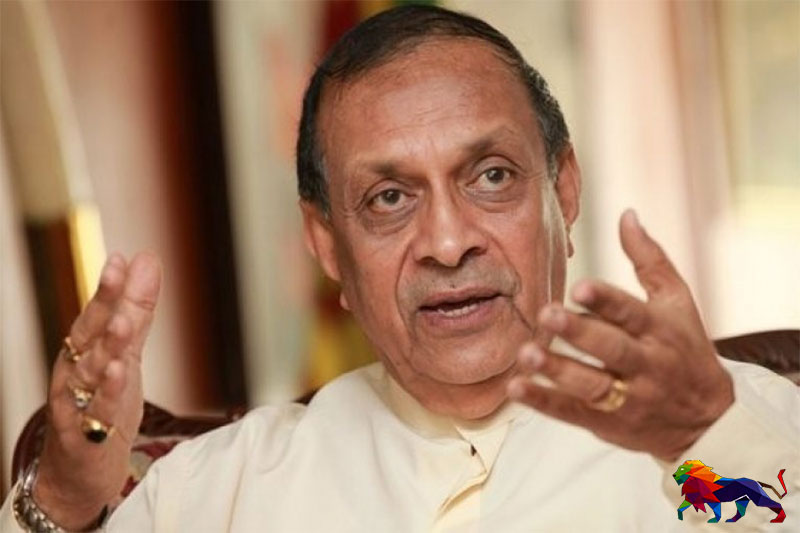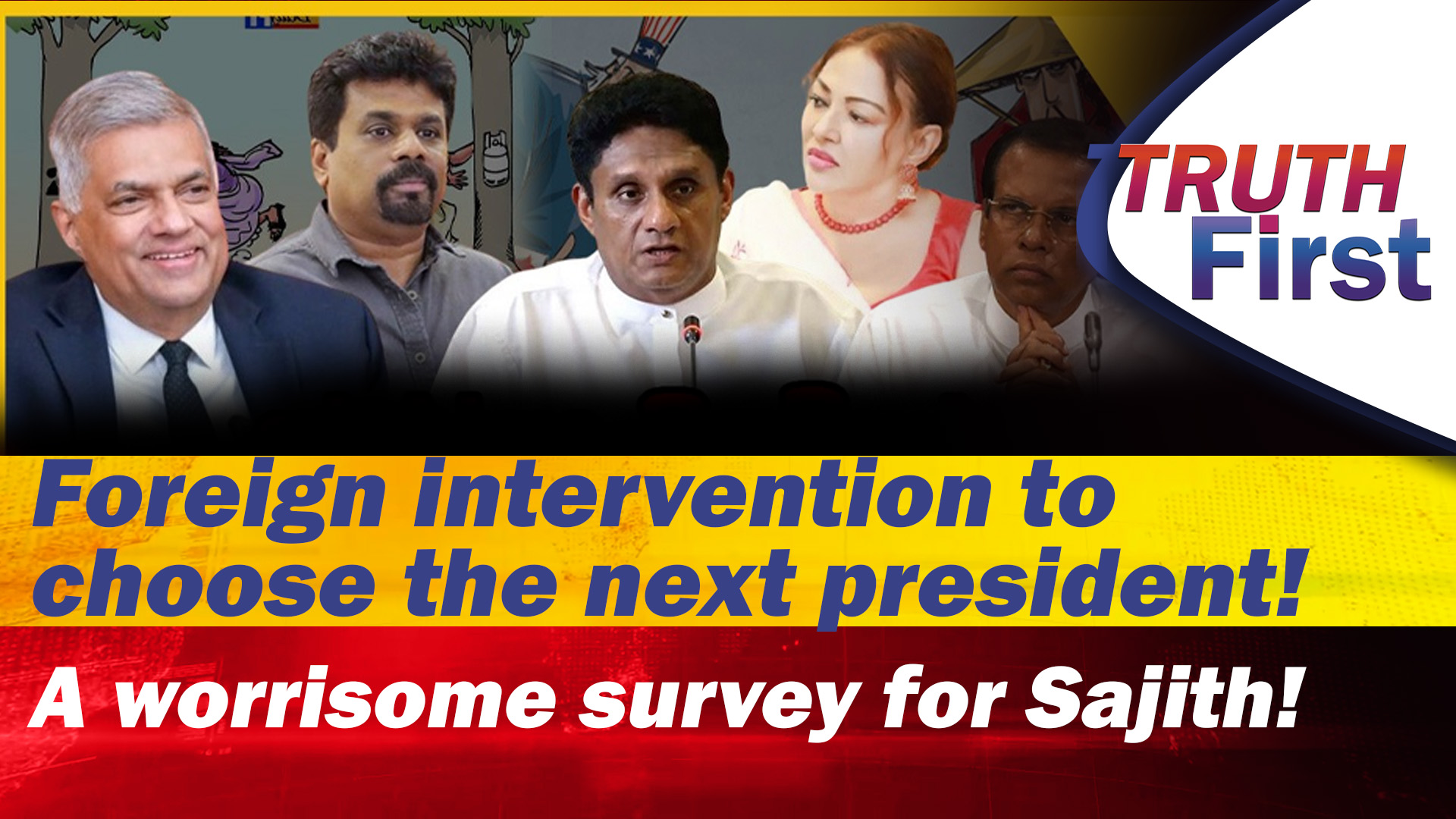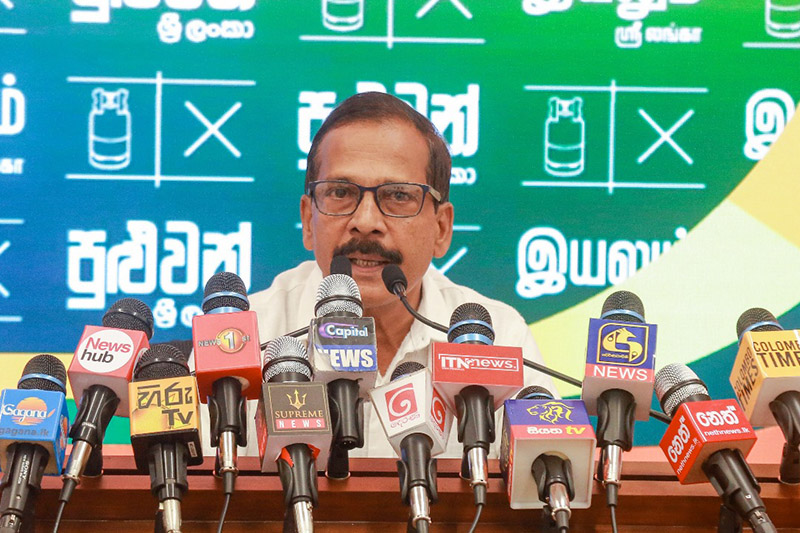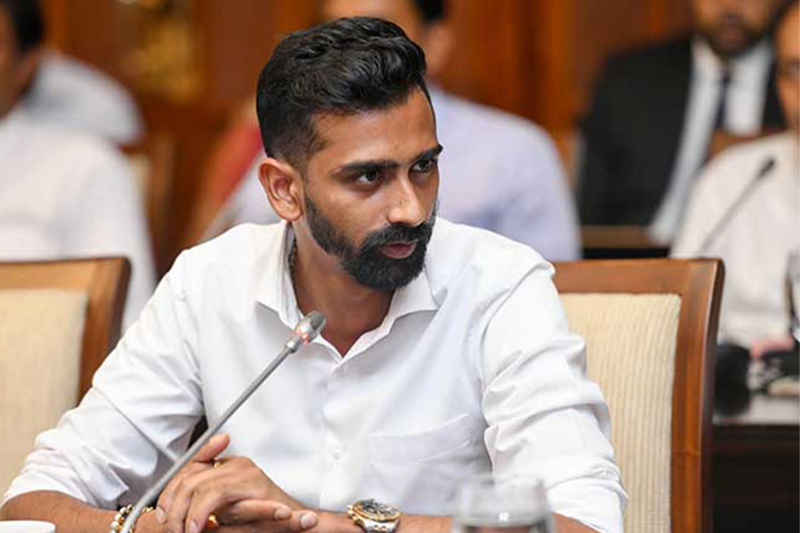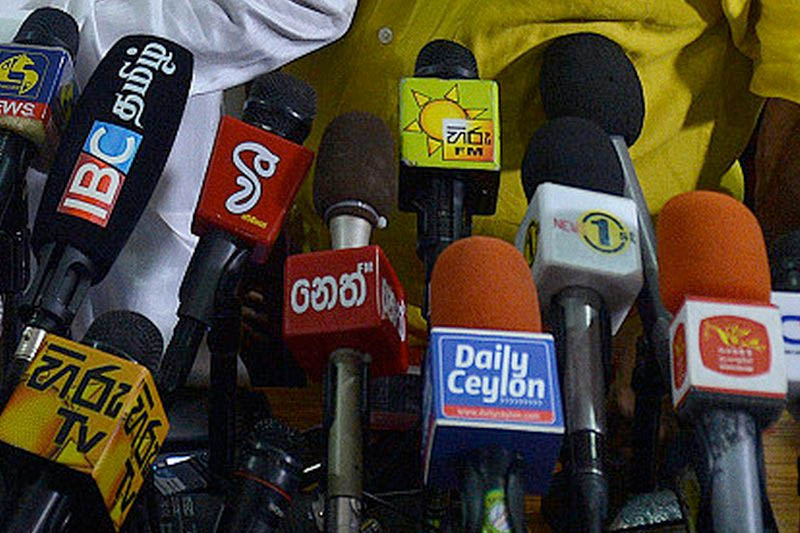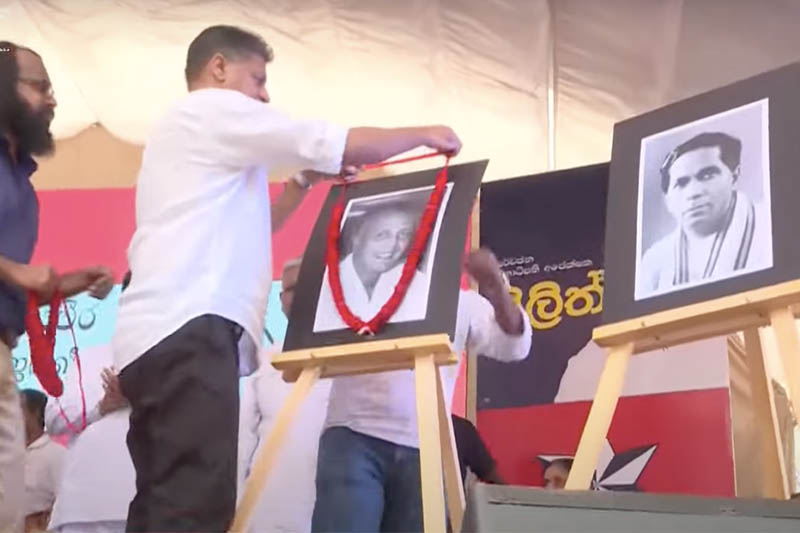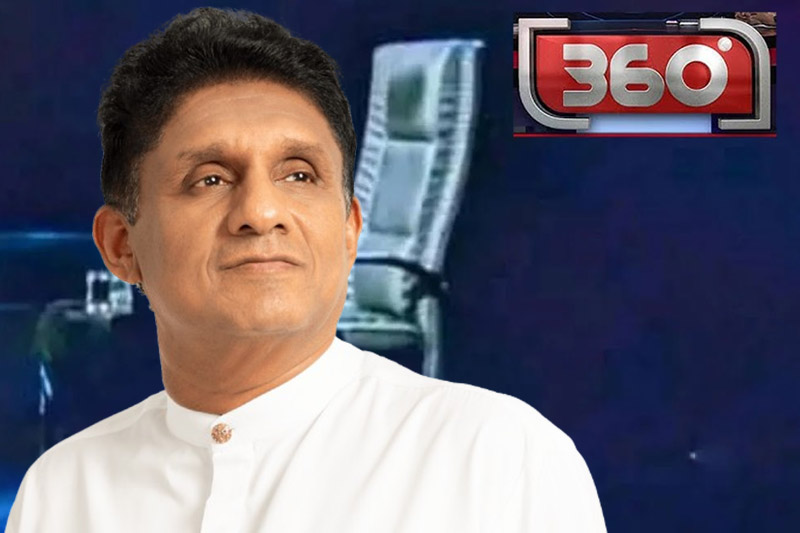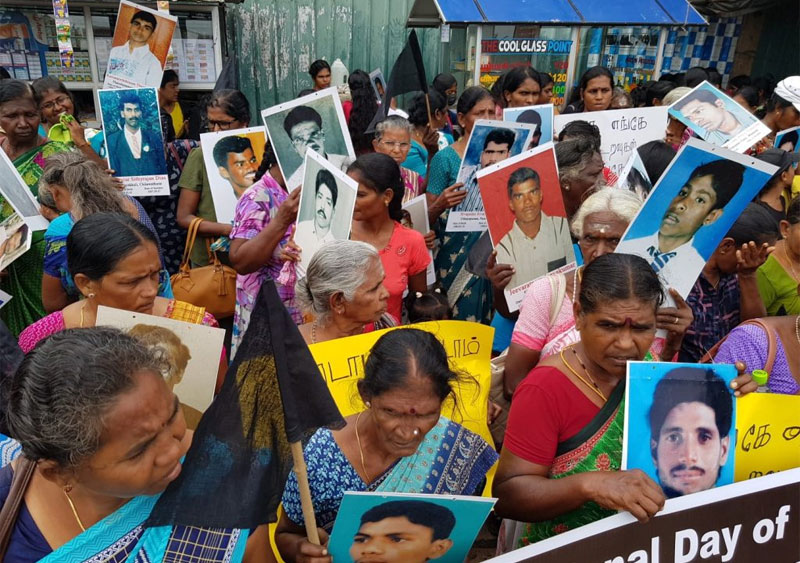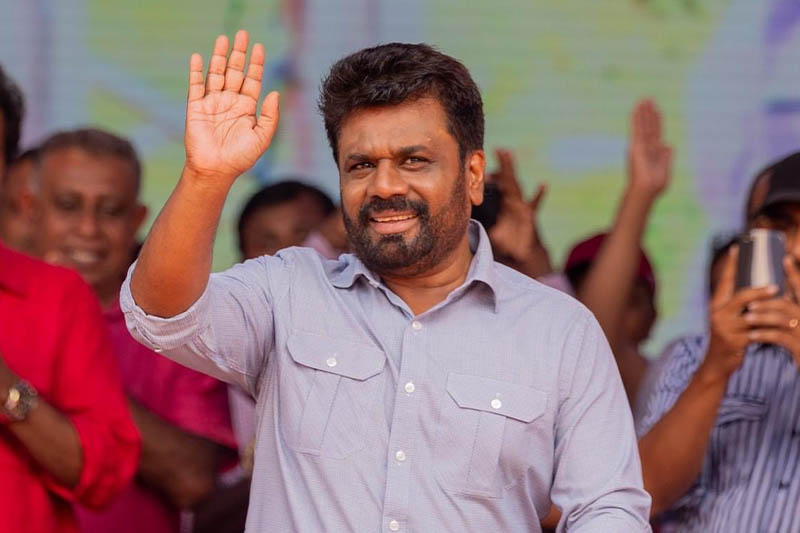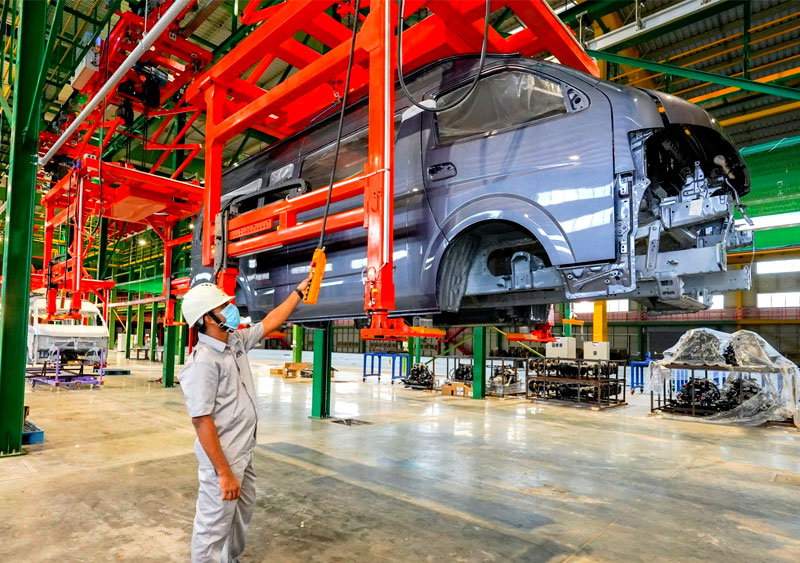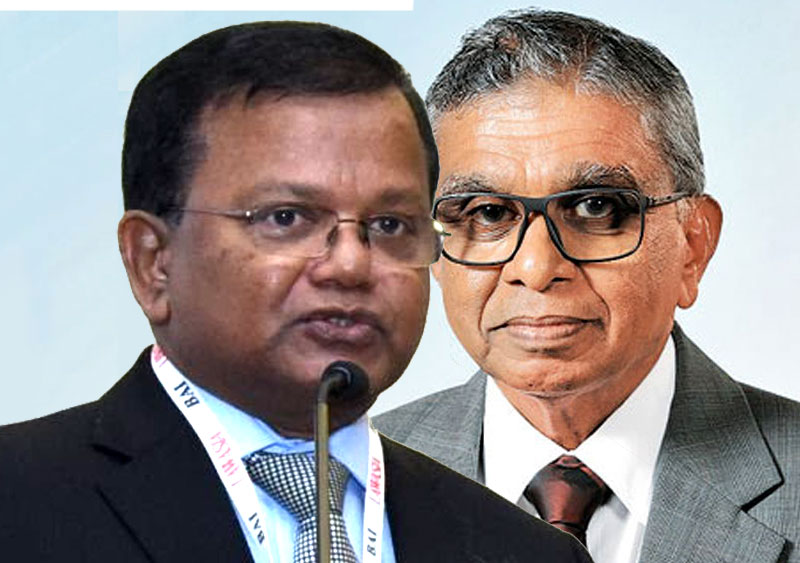This year’s Presidential election in Sri Lanka stands out as a special one for several reasons.
It marks the first election after a gap of four years, providing a chance to gauge the public’s opinion after a considerable time, especially when both the Provincial Council (PC) and Local Government (LG) elections, which should have been held, were postponed for various reasons.
This makes the upcoming Presidential election a significant moment to test the country’s current political mood.
Another reason why the Presidential Election is unique is that it takes place against the backdrop of efforts to recover from economic bankruptcy. The country is at a crucial juncture, and the results of this election could greatly influence the path forward.
Moreover, none of the major political parties that have traditionally been powerful since independence are contesting directly in this election.
The parties and alliances participating this time are relatively new, with histories of less than a decade. For the first time, the race is not a two-way battle but a three-way contest.
Despite this shift, the Presidential election remains an opportunity for the people to elect a leader who will guide the country for the next five years.
Nation’s future
The outcome will shape the nation’s future and determine leadership that could significantly impact the people’s lives. For these reasons, the Presidential Election represents a pivotal moment in the country’s destiny.
This election is also notable because Sri Lanka faces three major challenges that must be addressed. The first and most pressing challenge is overcoming economic bankruptcy.
While some progress has been made in a short time, much work remains. This is not a simple task, and it requires a united national effort. The newly elected President, chosen by the people’s sovereign power, will need to lead this effort.
The second challenge is ensuring political stability in the country. The stable party system that existed in the past has weakened due to recent events.
Both major parties that have dominated politics since independence, along with the traditional leftist movement, have lost strength.
As a result, there seems to be a growing tendency among people to trust individual leaders rather than established parties. While we all respect the individuals leading different political movements, it is vital to prioritise principles when considering the country’s future.
Political parties help organise people around a common policy framework and a multi-party system is crucial for a healthy democracy.
Critical role
Decisions about governance should be made collectively; one-man rule has historically led to disaster. The global historical record supports this view.
Therefore, in relation to our country abolishing the Executive Presidential system, which has paved the way for dictatorship, is a responsibility that falls on both the President and the Parliament to be elected.
The elected President will have a critical role in ensuring political stability, a responsibility entrusted to them by the people, who must also recognise the gravity of their choice.
The third major challenge facing the new President is promoting ethnic and religious harmony. Over the 76 years since independence, this has been the area where Sri Lanka has made the least progress.
The failure to build a fully integrated nation-State has been a significant reason for the country’s setbacks.
It has been a major oversight not to properly assess the consequences of this failure until now. A strong nation-State is built on national unity, but Sri Lanka’s post-independence history shows a divided nation.
This must be corrected urgently to create a better, stronger future. Achieving this will be one of the most important tasks for the new national leadership.
It is crucial to ensure that this election is conducted peacefully. Looking back at Sri Lanka’s electoral history, the past three decades have seen significant improvements compared to earlier periods.
This has been possible due to collective efforts to promote a free and fair election culture. The contribution of civil society organisations in this regard should also be commended.
However, there is a particularly important issue that needs attention: the need to maintain peace and stability in the days leading up to and following the election. This is especially relevant given a unique situation that might arise in this year’s Presidential Election.
As many commentators have predicted, there is a possibility that no candidate will secure 50 percent of the votes cast and one more in the first round. If this happens, there will be a need to move to a preferential vote count.
The Election Commission will calculate these votes after announcing the first-round results, and this process could take more than a day.
This would be a new experience for the country. There is also a chance that the runner-up after the first round could overtake the initial winner after the second-round votes are counted.
Given the time required for this process and the public excitement it could generate, all relevant authorities must be vigilant. It is essential to prevent any situations that could harm public peace or the country’s stability during this period.
Karu Jayasuriya
Former Speaker

